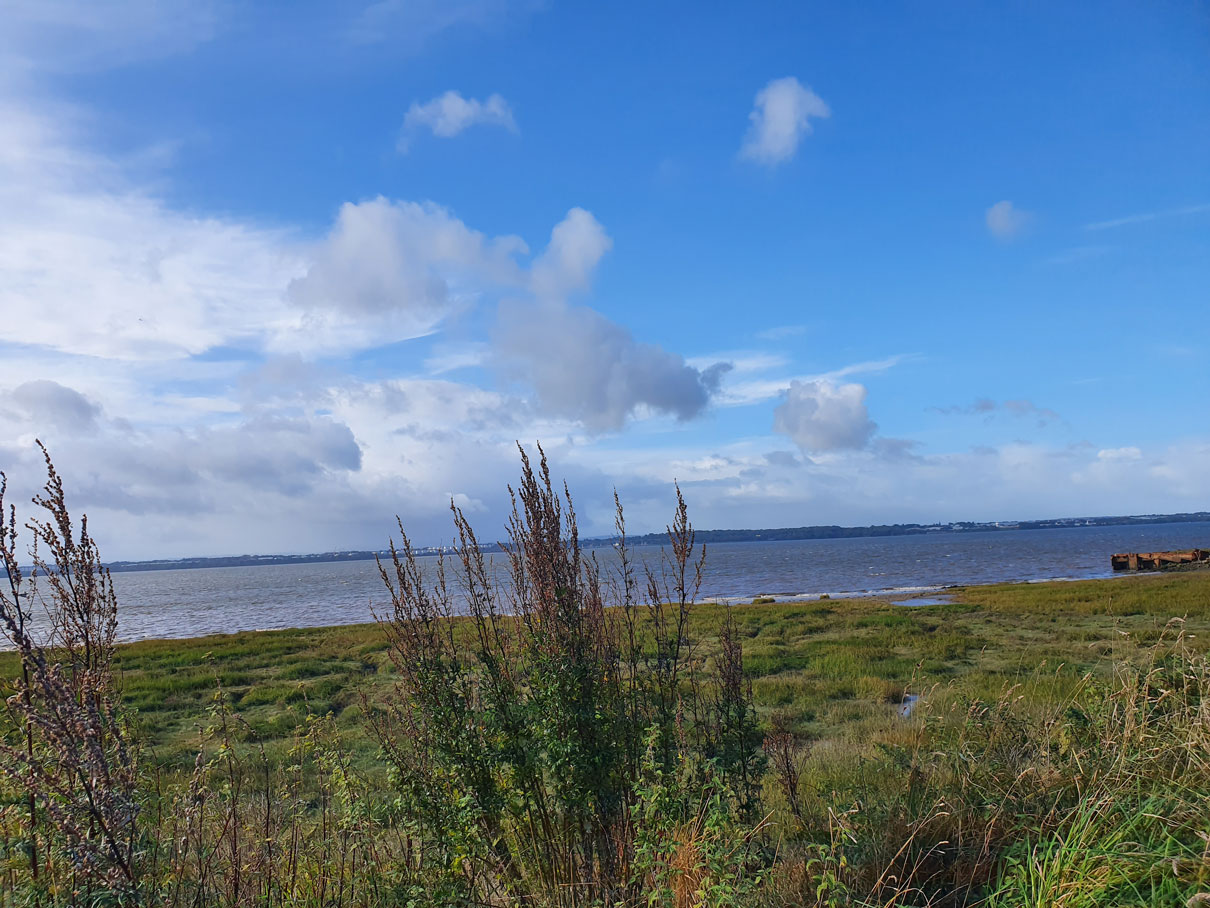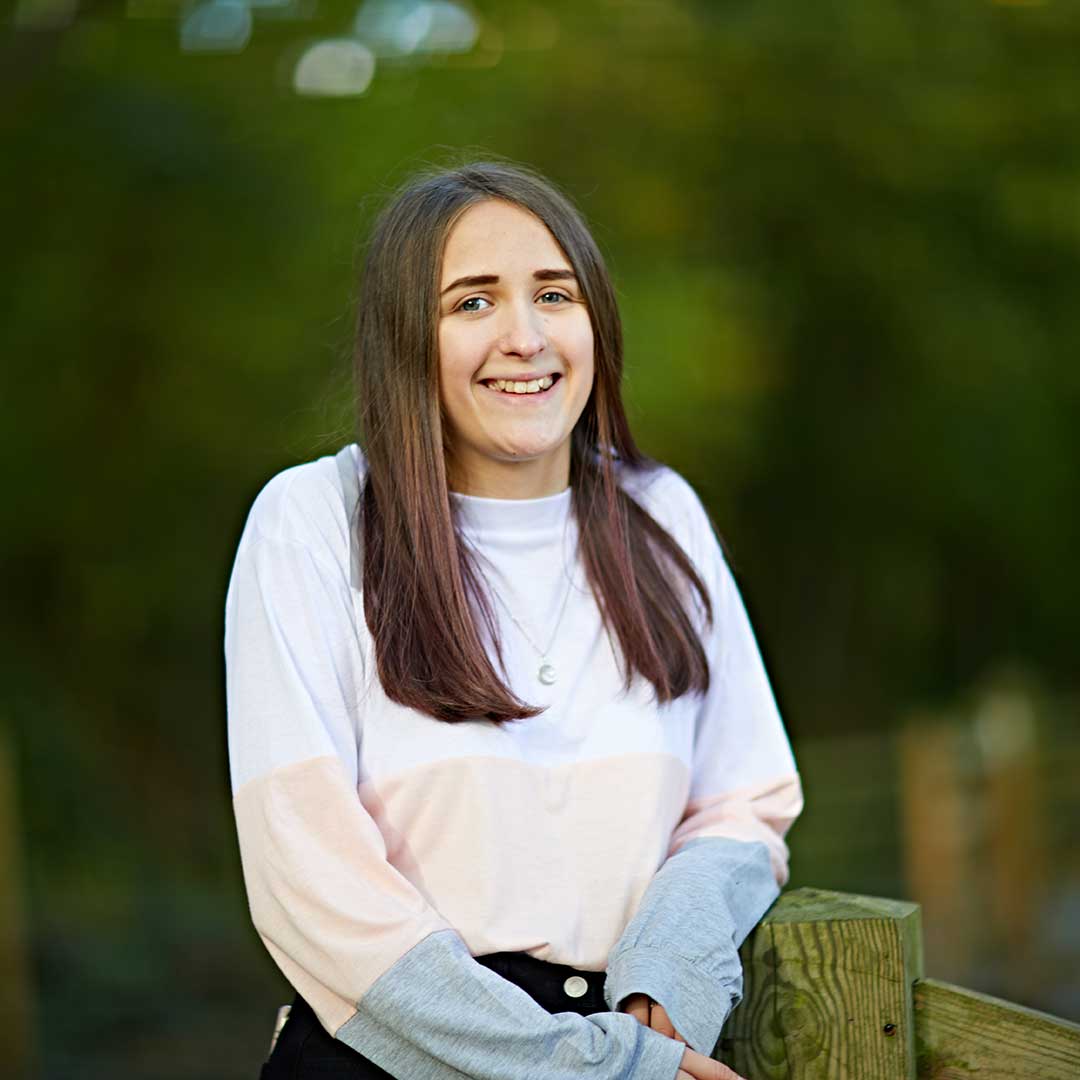
Writing your Personal Statement

Mollie Harvey
Physical Geography BSc(Hons) - Second Year
Hi, I'm Mollie. I am currently a second year student studying Physical Geography. I am interested in anything creative, animals and reading. I really look forward to sharing my uni experience with everyone.
Writing your Personal Statement
Hi, I am a second year Physical Geography student. One thing every university student has done is write their Personal Statement. It can be a very daunting task so in the post I have some tips and advice that I gained from my experiences.
When I wrote my Personal Statement I gained support from teachers and sixth form staff at my school, they helped me with the structure, helped me create a list of my experiences and qualities and then helped me proof read it. They were so much help as they have done it themselves and have helped so many other students so utilise the resources that your school or college is providing. I also got help from my family who know me the most and were able to help me write about myself which isn't easy to do. The University of Huddersfield and UCAS also have a whole pages about how to write your personal statement if you are struggling.

Before I wrote my Personal Statement I started by splitting it into different sections and writing lists, it really helps to break down the work and make it less daunting. I found that the Personal Statements have a very small word count. When you start it seems a lot but once you start you will have to make sure you're only including the most important elements and maintain the focus on why you would like to study the course you're applying for.
Important things to include in your Personal Statement are:
- Reasons for choosing the course to help the University know that you're really interested in the course and have looked at the things you will be doing. It is one of the main things universities look for as they want students who will enjoy what they are doing. I would recommend finding something similar in all the courses that you're applying for so each university will see that you're interested in their course.
- Employment and work experience is also important to include as it shows your ability to be independent and will help with your later transition from university to the working world.
- Higher Education relevant skills and abilities. Skills such as essay writing, time management and organisation that you learn in school and will help to improve your ability to adapt to university work and lifestyle.
- Career aspirations linked to the course. If you don't know what you want to do it is fine but if you do have career goals it is good to include them so that the universities can see what you aim to achieve from the course and to show that you are ambitious and driven.
- Extra-curricular activities, like work experience help to show your independence and what you’re interested in and how this might relate to their course. But it isn't the most important thing if it doesn't apply to your course, they are however, a key part of your CV.
The best advice I could give you based on my experience is to not worry about 'showing off'. Universities want to know what your abilities are and what experiences you have had, it is what makes you stand out - so talk about yourself and what you're capable of.
Good luck!
Read more about why Mollie chose her course here.
You can also chat with our current students about writing your Personal Statement, applying to the University, or general student life here.
All articles by Mollie
If you like this article and want to learn more about life as a student, visit Mollie's author page.
More student life articles?
What is life like as a student? Hear it straight from our current students as they write about their student experience.